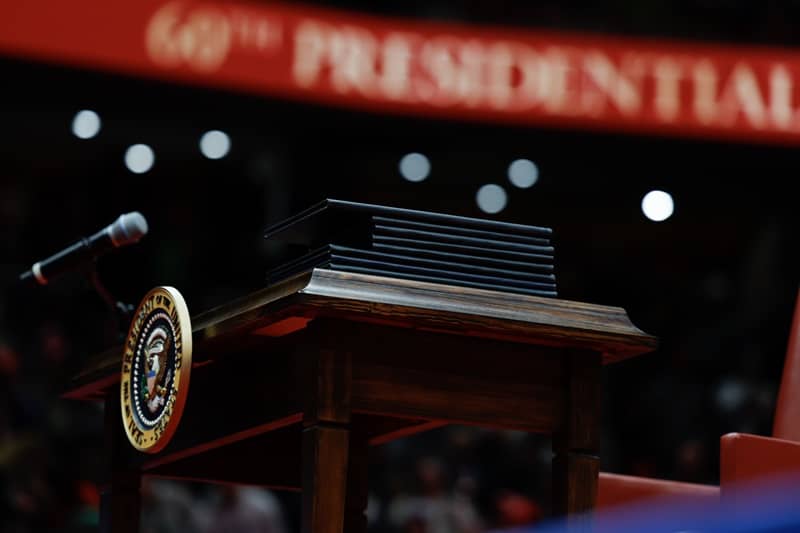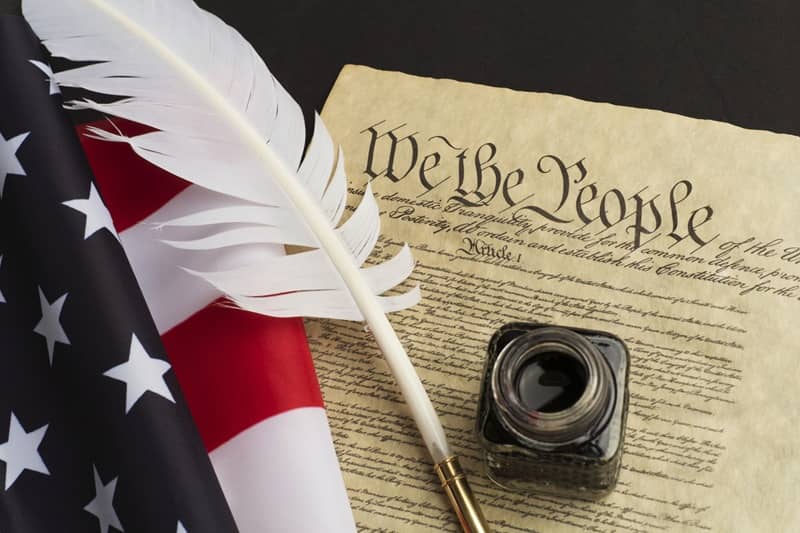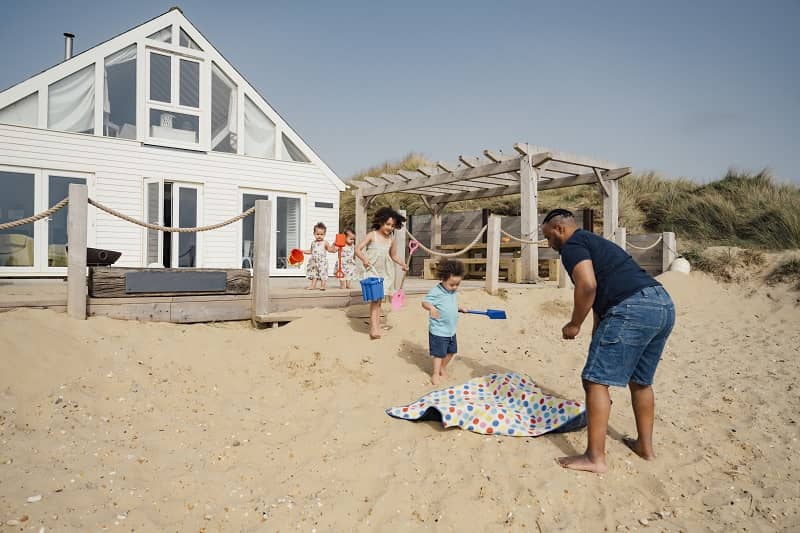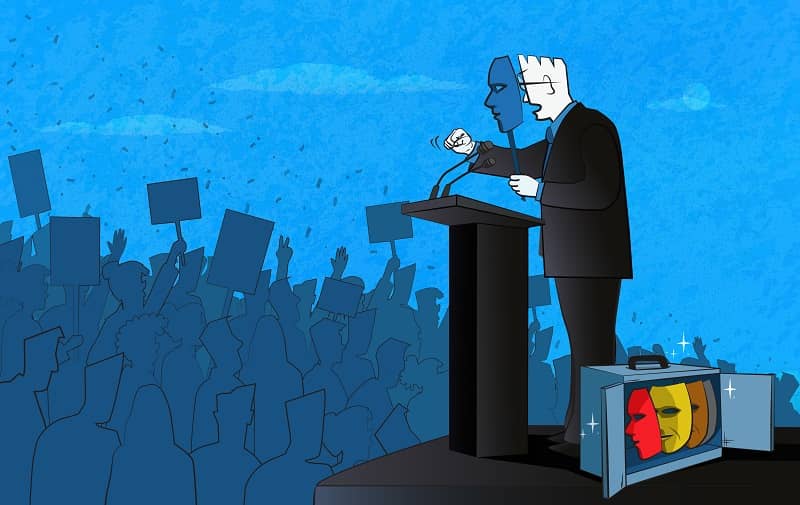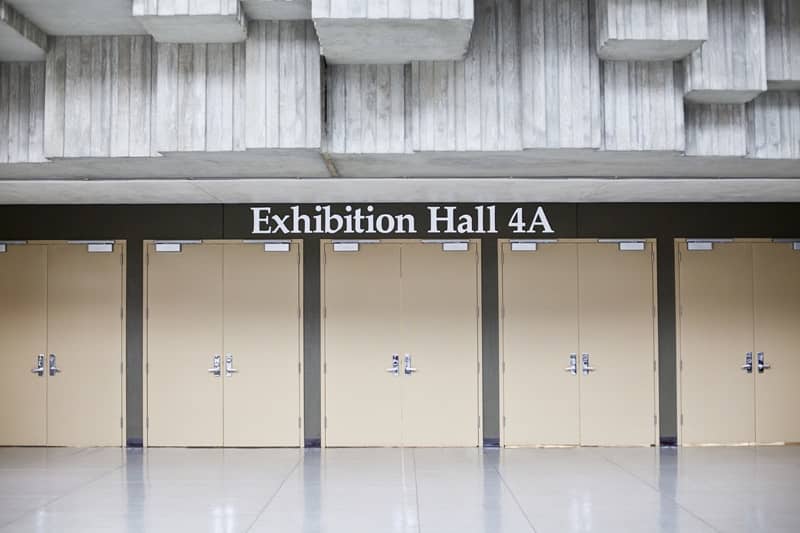By Kathryn Hickok
“That’s the trouble with this country. There ain’t a marshal within a hundred-mile ride.”
Considered by many to be the greatest Western of all time, Shane (1953) is a Father’s Day-worthy classic about a young boy’s relationships with his father and a mysterious gunslinger. A tale of the era of cattle drivers, the open range, and gunfighters settling disputes, the visually stunning Shane was filmed on location near Jackson Hole, Wyoming.
Alan Ladd plays Shane, a man with a past who works as a farm hand for Joe Starrett (Van Heflin) and his wife Marian (Jean Arthur). Starrett is the unofficial leader of seven homesteading families, who want to put down roots and create something bigger than themselves―a future built from hard work and devotion to each other. They want to build a town, with “a church and a school,” a place where people can come and raise families.
The settlers’ vision of civilization conflicts with the desires of the cattle barons, who want to keep the range open. The barons reject the settlers’ claims to private property, stampeding through plowed fields and fences to terrorize people into giving up and leaving. When the barons resort to lawless violence, the homesteaders’ last chance of winning is Shane.
Starrett and Shane are each men of courage, self-restraint, and high ideals. They seek prudent, honorable solutions to the settlers’ problems; and in different ways they need to work together to survive. Shane celebrates individual initiative, creativity, free enterprise, and the classic opportunity of the American West.
But it is also clear that no one succeeds alone. Joe and Marian Starrett are a team. Their farm is only possible because they have each other, as Joe points out with loving pride. Their family also needs neighbors. The farmers rely on each other for moral and physical support and protection. The rights of individuals are only secure as long as honest people defend them. And the whole community needs the act of selfless courage that only Shane can pull off.
The lawless days gradually give way to civilization; but only through the courage of homesteading families determined to turn the Wild West into a peaceful, self-sufficient, hard-working community. The Starretts’ young son Joey idolizes Shane, but Shane steers him away from the false glamour of the lone ranger. When Shane rides off into the sunset, he tells Joey, “You go home to your mother and father and grow up to be strong and straight.” As Shane exits, the day of the gunfighter is over. The family now guards the range.
Kathryn Hickok is Publications Director and Director of the Children’s Scholarship Fund-Oregon program at Cascade Policy Institute, Oregon’s free market public policy research organization. A version of this article was originally published in August 2013.

